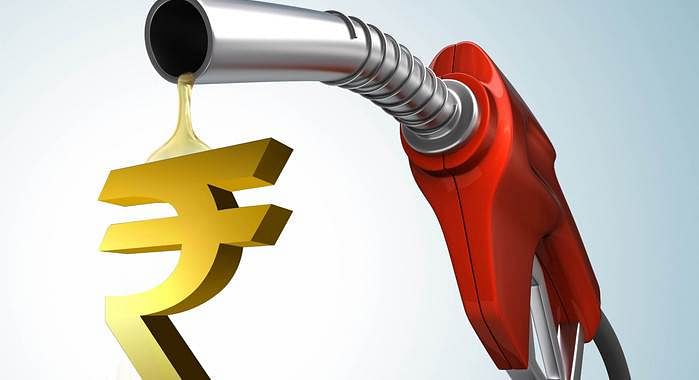Even as the Indian government has adopted a strategy of graded relaxation of the extended nationwide lock-down which began on March 25, the national capital New Delhi continues to hold substantial restrictions in place after being declared a 'red zone' owing to the rising number of new coronavirus cases in the city.
As a result, the state government today revised the local tax component on the sale of petrol and diesel, in order to mitigate its challenge of acute shortage in revenue influx as most businesses across the city remain shuttered. The government has reported earnings of Rs 300 crore for the month of April as against Rs 3,500 crore in April 2019.
In its response to the worsening situation, the Delhi government has increased the value added tax (VAT) on the retail of the two fuels to 30 percent. In contrast, the prevailing VAT on petrol was 27 percent while diesel was at a relatively lower 16.75 percent until May 4. As a result, VAT makes up for a substantial Rs 16.44 per litre of petrol prices and Rs 16.26 per litre of diesel prices in the national capital as of May 5, according to the Indian Oil Corporation’s data (see petrol/diesel price split below).



The upward revision of taxes has brought a direct impact on the retail prices of the two fuels with petrol being sold at Rs 71.26 per litre (4th May: Rs 69.59 / +Rs 1.67) while diesel seeing a spike to Rs 69.39 (Rs 62.29 / +Rs 7.10) in New Delhi from today. That brings the prices differential between the two fuels to just Rs 1.87 a litre
In a similar move, the central government, on March 14, had revised the excise duty on the two fuels by Rs 3 each, amidst scenarios of plummeting global crude oil prices which are on a downfall since the outbreak of the Covid-19 pandemic.
In fact, the WTI crude prices created history by touching an all-time low of US$ of minus 37.63 a barrel on April 20, with demand for oil dropping across the world as air and road travel remains hindered in most countries due to the precautionary lock-downs in place.
In India, while fuel stations have been kept under the category of offering 'essential services' all through the duration of the ongoing lock-down, the absence of vehicles on the roads means a substantial drop in retail sales from fuel bunks.
With no economic stimulus package yet been announced by the finance ministry of the Central government, the pressure is indirectly being put on the common man and the motorist, who is already facing turbulent times with India witnessing pay-cuts, furloughs and layoffs in worst cases in a time of coronavirus.


